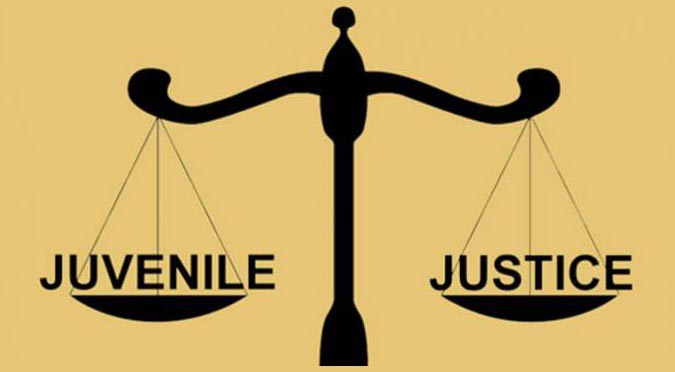The juvenile arbitration program is designed to give first time offenders the opportunity to divert their case from formal prosecution by completing certain requirements determined by an arbitrator. The Charleston arbitration program began in 1999 and has had great success since its inception. To learn more about this program call Charleston juvenile criminal defense attorney Dale Savage at (843) 530-7813.
What is the purpose of Juvenile Arbitration
- Permit first time offenders, on eligible crimes, to divert their case from formal court proceedings by completing a list of tailor made requirements that are assigned by an arbitrator.
- It is also a benefit for the prosecutor’s office and the court system itself as it reduces the workload by taking cases out of formal proceedings.
- It provides an opportunity for the juvenile offender to avoid formal sentencing and possible time in the Department of Juvenile Justice.
Enrollment
When a juvenile is charged with a crime, the case is referred to the family court section of the Solicitor’s Office. If the case is appropriate for arbitration and approve by the program director it will be diverted by an assistant solicitor for completion of the program. The Director of the juvenile justice program from the Solicitor’s Office will establish a hearing date and the following parties will be notified:
- Juvenile and parents
- Victim (if any);
- Arresting officer;
The Arbitration Hearing
Once accepted into the program the case will move to the hearing process. At the hearing the arbitrator will determine the facts of the case and prepare a plan with appropriate consequences. Additionally, the arbitrator will determine if the family needs any additional resources such as counseling, crisis intervention, etc. The program typically takes three (3) months to complete.
Requirements
While specific requirements will be tailored to each case sanctions for the juvenile can consist of:
- Education – attend a session of general sessions court (adult criminal court);
- Visit a correctional institution;
- Attend substance abuse counseling;
- Restitution to the victim (if nay);
- Community service.
- Written assignments – completing an assigned essay and formal letter of apology t the victim.
The arbitrator will monitor the juvenile’s progress through the program and when all the requirements are satisfied in the designated time period the case will be closed as a diverted charge and no record of adjudication will be made. This is one of the major benefits to this program.
Charleston Juvenile Defense Attorney
If you need a Charleston Juvenile Criminal Defense Attorney, call Charleston Criminal Defense Attorney Dale Savage at (843) 530-7813 or e-mail me for your free consultation, all discussions are confidential.

